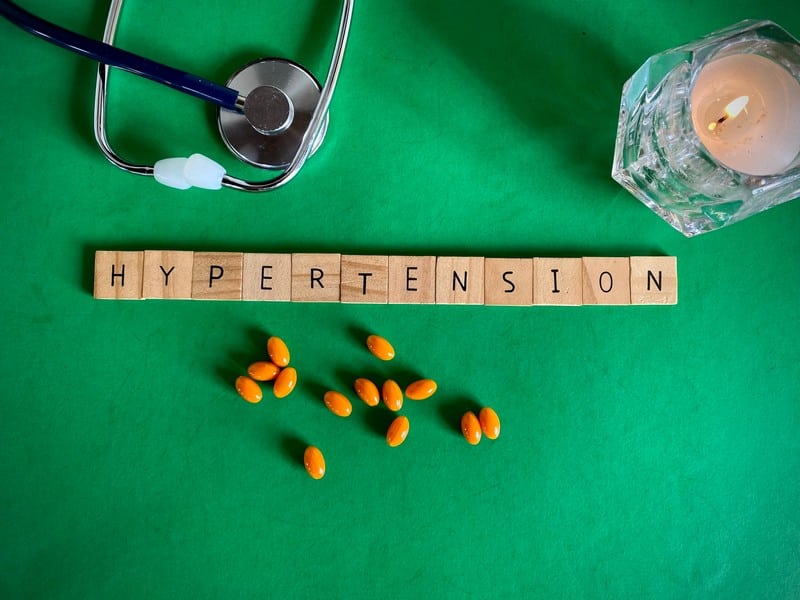Manage Portal Hypertension

Portal hypertension is a known surrogate of advanced liver disease such as cirrhosis. This condition is caused by the dynamic process of chronic liver disease. It is common among cirrhotic patients who are still dealing with alcoholism and malnutrition. On the other hand, those with cirrhosis caused by autoimmune hepatitis are less likely to develop portal hypertension.
One of the primary goals of treatment is to reduce portal pressure to reduce the likelihood of intestinal bleeding and manage ascites. It is, therefore, crucial to identify the correct staging to prevent and treat portal hypertension effectively. The primary goal is to interrupt its etiology and prevent the development of complications in the long run. If left untreated, portal hypertension increases the risk of liver transplantation in cirrhotic patients.
Traditionally, shunts used in intrahepatic stent bypass were vital in preventing recurring bleeding and ascites development. However, doctors may also recommend using systemic drugs, such as non-selective beta-blockers, statins, and antibiotics, to reduce portal hypertension. These medications reduce intrahepatic resistance or portal tributary flow inside and outside the liver. Combining these treatments is the best course of action to regulate portal hypertension and avoid liver transplantation altogether.










